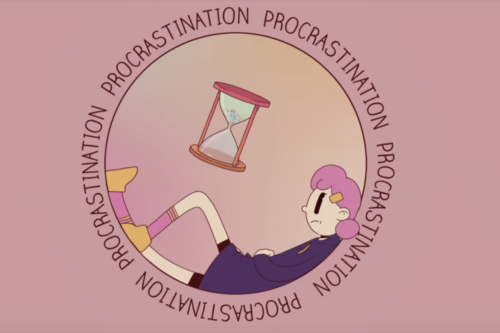Self-Control
Doing what’s best despite short-term temptations
 Strength of will
Strength of will“The most important scientific discovery about self-control is that it can be taught.”
—Walter Mischel
Why does self-control matter?
Sometimes, what makes you happy right now isn’t good for you in the long run. For instance, junk food tastes great but isn’t healthy. Self-control powerfully predicts academic and professional achievement, physical and emotional well-being, positive social relationships, and financial security.
Pulse Check
Think about how your day is going. How many of these things are true?
- I got to work right away, rather than procrastinating.
- Instead of getting distracted while working, I stayed focused.
- Because I planned ahead, I was prepared for what I needed to do.
- I didn’t do things I knew I’d later regret.
How do I encourage self-control in others?
Model it. Resolve to accomplish a goal of personal significance, then talk about obstacles and your plans to overcome them. Emphasize strategies you’ve found work especially well for you: “I’m not super motivated to exercise, but I now take the stairs instead of the elevator—that’s a start!”
Celebrate it. Praise children for waiting patiently. Notice when they plan ahead: “Great job getting all your stuff organized!” Appreciate ingenuity in navigating self-control dilemmas: “Keeping your cell phone in a different room is such a clever idea!”
Enable it. Establish family rules, like no cell phones at mealtimes. Create quiet, distraction-free areas for study and work. Keep fruit on the kitchen counter and hide junk food on a high shelf.
About the Author
Tips

Mind the Gap

Lock Screens
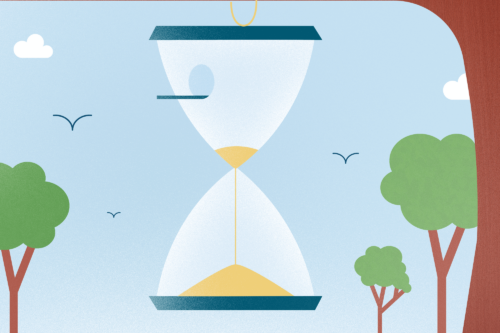
No Need to Wait

Environmental Science
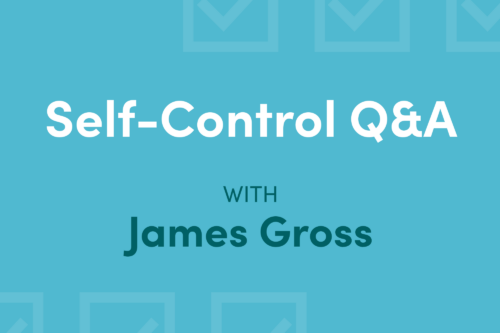
Goal Check

Step by Step
Learn More

WOOP for Classrooms
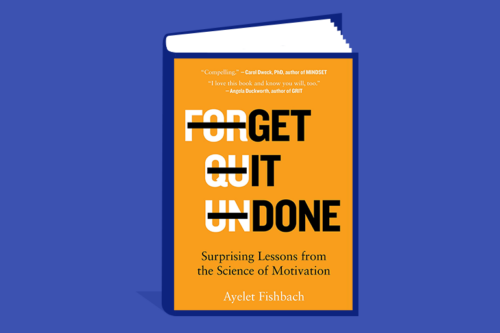
Get It Done: Surprising Lessons From the Science of Motivation
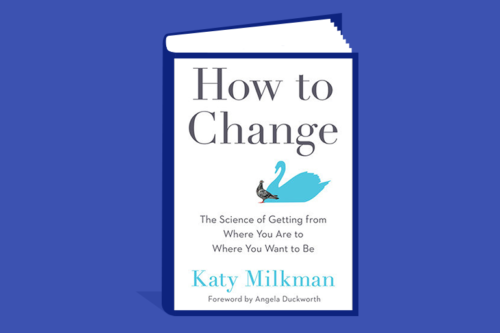
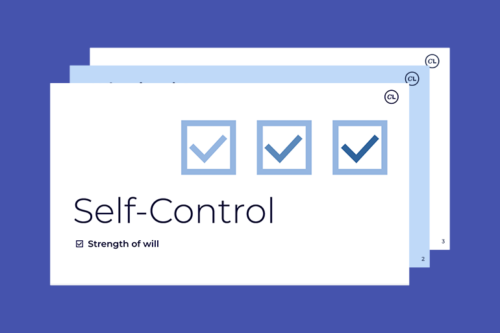
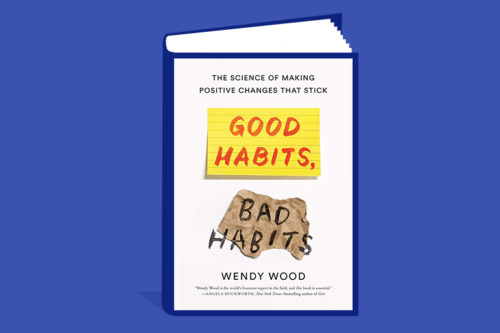

24/6: The Power of Unplugging One Day a Week
Character is more than just self-control.
There are many other strengths of heart, mind, and will.
LEarn more about character


